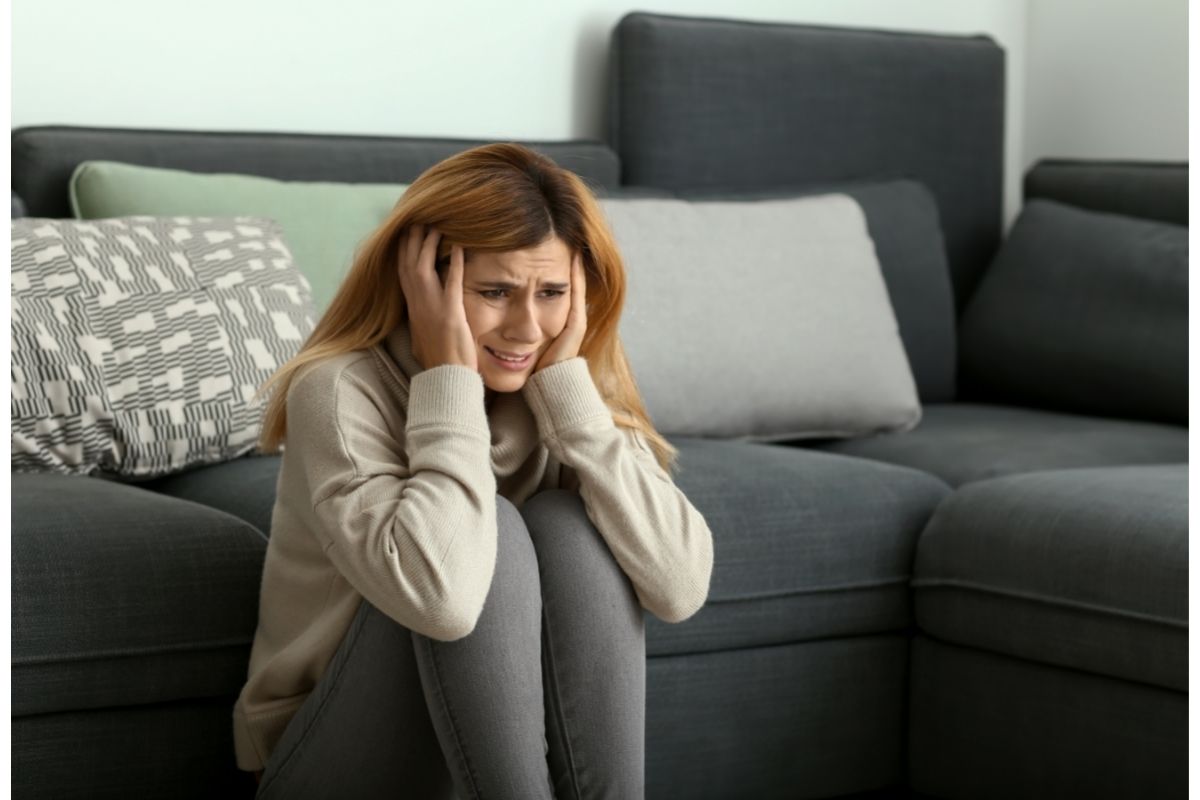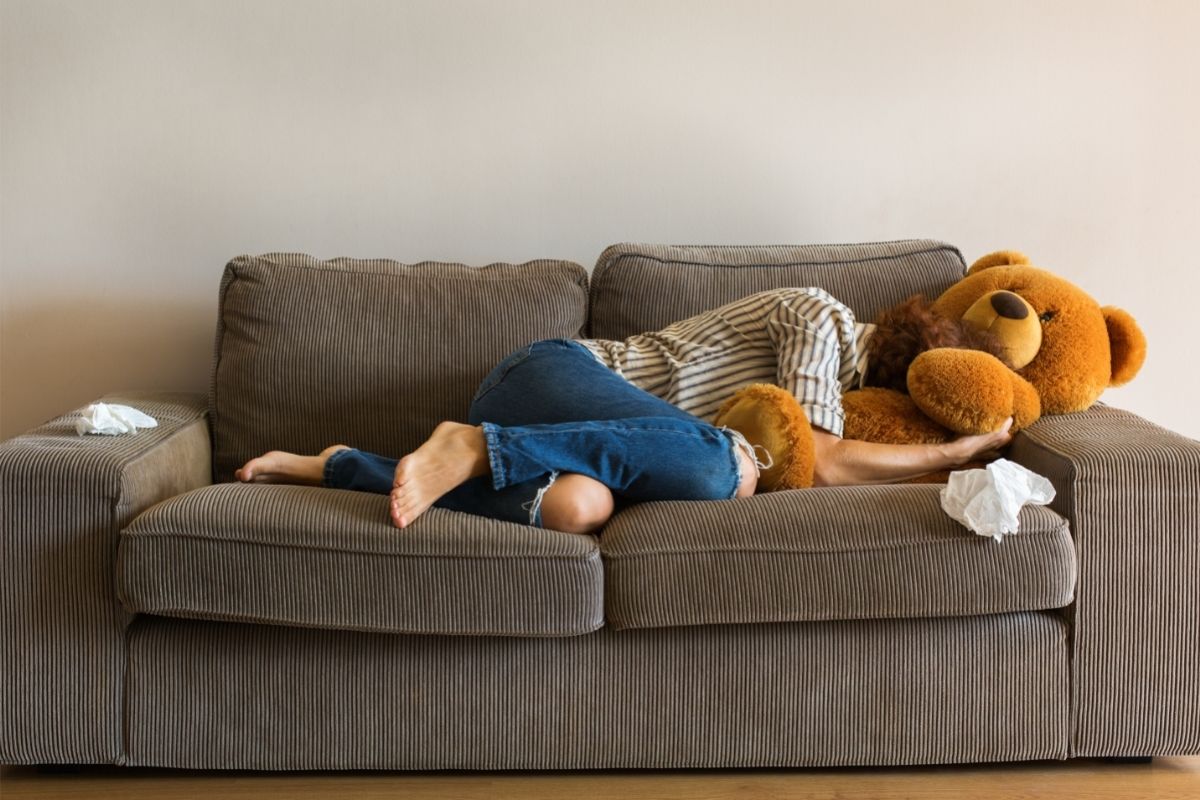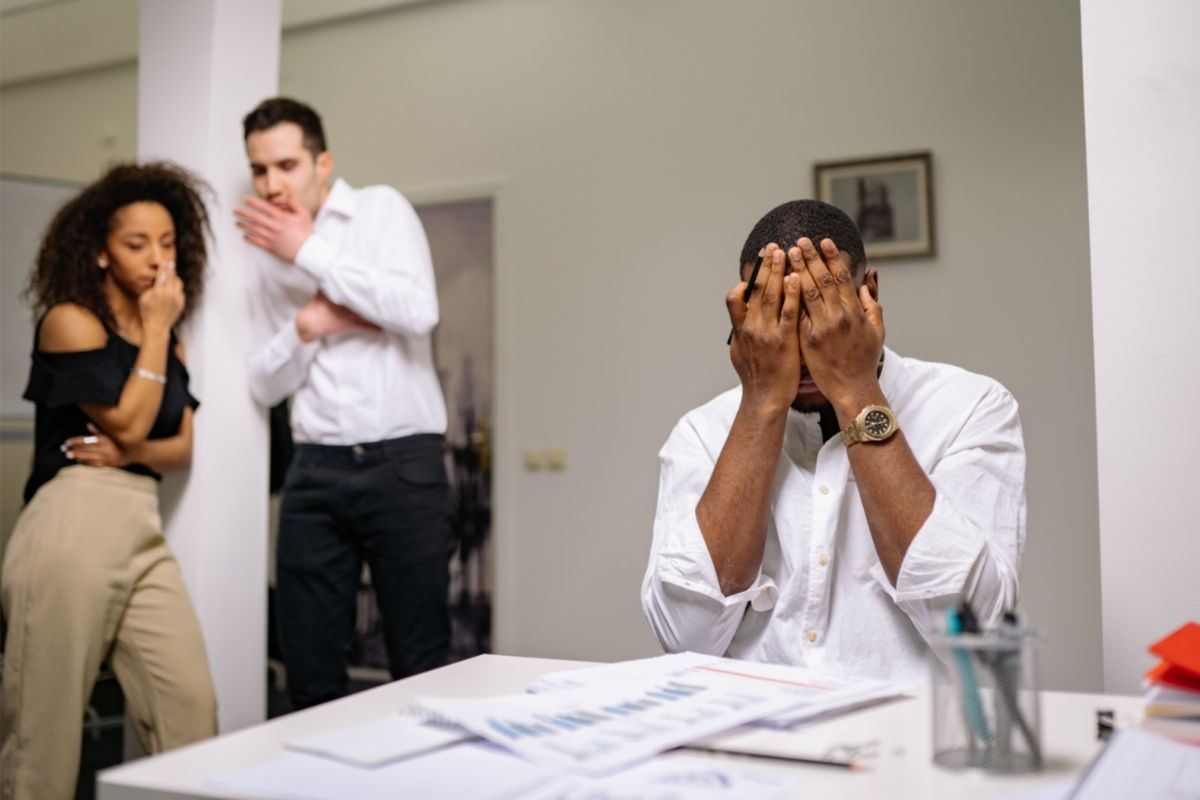Yes, you can go to the hospital for anxiety, but it’s not always necessary.
Imagine your mind is a runaway train, speeding out of control.
That’s what severe anxiety can feel like.
I’ve been there, heart racing, palms sweating, feeling like I might pass out.
In this article, I’ll share my experiences with anxiety and when it’s time to seek help.
You’ll learn about different types of anxiety, their symptoms, and treatment options.
I’ll also reveal some little-known facts about anxiety that might surprise you.
Whether you’re dealing with anxiety yourself or supporting someone who is, this guide is for you.
By the end, you’ll know when to tough it out and when to head to the ER.
Stick with me, and I’ll help you navigate the stormy seas of anxiety.
Why Does Your Brain Go Haywire?
Anxiety is like an overprotective friend who never knows when to quit.
It’s trying to keep you safe, but it goes way overboard.
I remember when my anxiety first kicked into high gear.
I was giving a presentation at work, and suddenly I felt like I couldn’t breathe.
It was terrifying.
Here’s what might be happening in your brain:
– Your fear center (the amygdala) is working overtime
– Stress hormones like cortisol are flooding your system
– Your “calm down” chemicals (like serotonin) are in short supply
Some folks are more likely to get anxiety:
– If your parents had it, you might too (thanks, genes!)
– Growing up in a stressful home can set the stage
– Sometimes, it’s just the luck of the draw with brain chemistry
What Does Anxiety Look Like?
Anxiety isn’t just feeling a little nervous.
It’s like your worry dial got stuck on max.
Here’s what it might feel like:
– Your heart’s doing the cha-cha in your chest
– You’re sweating like you’re in a sauna
– Your muscles are tighter than a guitar string
– Your mind’s racing faster than a NASCAR driver
I once got so anxious I thought I was having a heart attack.
Spoiler alert: I wasn’t, but it sure felt real.
The Many Faces of Anxiety
Anxiety’s like a chameleon – it can show up in different ways:
Panic Disorder
This is anxiety’s evil twin.
It hits you out of nowhere, like a sneak attack.
I had my first panic attack in a grocery store.
Suddenly, I couldn’t breathe and thought I was dying.
It was over in 20 minutes, but it felt like forever.
Social Anxiety
This is when being around people feels scarier than skydiving.
You worry everyone’s judging you, all the time.
I used to skip parties because I was sure I’d say something stupid.
It was lonely, but felt safer than facing my fears.
Generalized Anxiety
This is like having a worry radio station playing in your head 24/7.
Everything feels like a potential disaster waiting to happen.
I once spent a whole day worrying about whether I’d turned off my coffee maker.
Spoiler: I had, but my brain wouldn’t let it go.
Posttraumatic Stress Disorder
This happens when your brain gets stuck reliving a scary event.
It’s like your mind’s DVR keeps replaying the worst day of your life.
Obsessive-Compulsive Disorder
OCD is like having a bossy roommate in your head.
It makes you do things over and over to feel safe.
I knew someone who had to check their door lock 7 times before leaving.
It drove them crazy, but they couldn’t stop.
Substance Use Disorders
Sometimes, people try to quiet their anxiety with drugs or alcohol.
It’s like putting a Band-Aid on a broken leg – it doesn’t really help.
Taming the Anxiety Beast
Good news: anxiety can be beaten!
Bad news: it takes time and effort.
Here’s what helped me:
Talk Therapy
Talking to a therapist is like having a personal trainer for your brain.
They teach you tricks to calm your mind.
I learned how to challenge my anxious thoughts.
Now, when my brain says “everyone hates you,” I can fight back.
Medication
Sometimes, your brain needs a little extra help to chill out.
That’s where meds come in.
Antidepressants are often prescribed for anxiety.
They’re like mood fertilizer – they help your brain grow happier thoughts.
Support Groups
Talking to others who get it can be a huge relief.
It’s like joining a club where everyone understands your weird brain.
I found an online support group that changed my life.
Suddenly, I wasn’t alone in my struggles.
When to Hit the ER
Most of the time, anxiety isn’t an emergency.
But sometimes, it’s better safe than sorry.
Head to the hospital if:
– You’re having chest pain
– You can’t catch your breath
– You feel dizzy or faint
– You’re not sure if it’s anxiety or something else
Remember, it’s okay to ask for help.
Better to feel a little silly than to ignore something serious.
You’ve Got This
Living with anxiety is tough, but you’re tougher.
I’ve been there, and I promise it can get better.
**Who needs this info?** Anyone dealing with anxiety or supporting someone who is.
Remember, your anxiety is lying to you.
You’re stronger than you think, and help is out there.
Don’t let fear stop you from living your best life.






